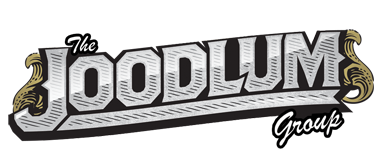After a year and a half booking U Street venue Tropicalia, Jim Thomson is out of a steady job. The self-styled "global dancehall" tucked beneath the Subway sandwich shop at 14th and U streets NW can no longer sustain a full-time booker, says club owner Aman Ayoubi. "Unfortunately at this point, we cannot afford to have an in-house booking person," Ayoubi says. Thomson, whose last day was Jan. 2, will pursue freelance booking, and the venue's owner says he'll continue to book DJs and some live acts with the help of third-party groups.
Thomson is a big part of the reason Tropicalia became one of the most unique venues in the District. (Thomson, a former member of Gwar among other bands, was profiled in Washington City Paper in early 2013.) Since he began working at the club in August 2012, Thomson brought in a lively mix of DJs and international bands—many of which might not play D.C. otherwise. Ayoubi, who also owns Local 16, says he has tentative plans to work with Thomson on some live shows at the club in March, "but this opens up an opportunity to work with other booking agents."
When Tropicalia opened in August 2012, it aspired to book the kinds of music that are hard to find in D.C., at least outside the halls of embassies and cultural centers. Thomson brought in performers from Mali, Iran, Angola, and beyond, and cultivated a low-key basement-party vibe in the subterranean venue. Despite the unique and eclectic format, the club failed to rake in the bucks—but to anyone watching closely, that probably wasn't very surprising.
Unlike some other clubs on and around U Street NW, the venue doesn't offer the trappings of upscale nightclubbing—there's no bottle service, no table reservations, no velvet rope. It also doesn't appeal to any one demographic. Thomson aimed to reach multiple groups, including NGO employees, drum-circle hippies, old school hip-hop heads, record nerds, and working-class and well-to-do immigrants alike. But Tropicalia's promotion budget is small, Thomson says, and even well-financed organizations might have a tough time reaching all of those demographics. Thomson says the 225-person capacity club drew bigger crowds when it worked with outside promoters who could target particular groups, like Latin, Jamaican, and Turkish music fans. (Thomson says that DJ Underdog's Afrocentric dance nights, where he plays styles like Ghanaian azonto and South African kwaito, draw a particularly diverse crowd. "The brand has really resonated," Thomson says of Underdog's parties. "He filled a need.")
More here Via City Paper









